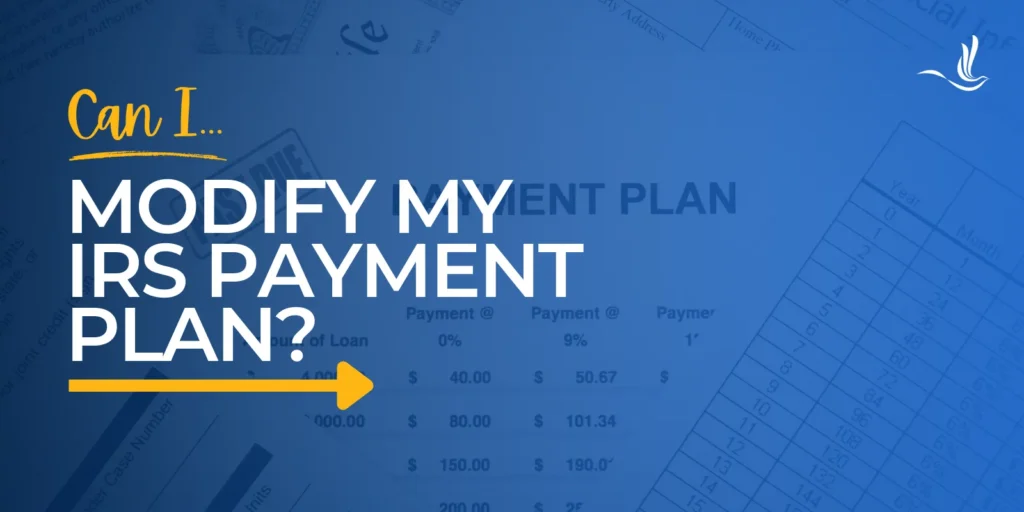This is day 25 of our 30 day series “30 Simple Things to Do to Change Your Life in 30 Days. If you missed a day, links to previous articles follow this article
In our “do more” culture, it’s easy to think that working without breaks or pushing through fatigue is the mark of a dedicated, hard-working person. But what if all that hustle and grind are actually holding us back? Research shows that skipping breaks, working extra-long hours, and putting off vacations don’t help us achieve more—in fact, they do the opposite.
On Day 25 of our 30-day journey, let’s talk about the power of taking breaks. Giving yourself permission to pause, recharge, and step away isn’t lazy; it’s one of the smartest strategies for boosting productivity, creativity, and overall well-being.
The Myth of the Non-Stop Workday
We live in a culture that glorifies busyness and wears overwork like a badge of honor. Many of us feel pressure to skip breaks, eat lunch at our desks, work long hours, and postpone vacations because we think it’ll make us more productive. But studies reveal that constant busyness does not equal productivity. Overwork leads to diminishing returns, causing burnout, stress, and reduced quality of work over time.
The truth is, our brains and bodies need breaks to function at their best. Without time to recharge, we become fatigued, unfocused, and more likely to make mistakes. Taking breaks isn’t about slacking off—it’s a way to give our minds and bodies the rest they need to operate at peak performance.
The Science Behind Taking Breaks
Research consistently supports the idea that taking breaks improves productivity and mental health. Here are some of the science-backed benefits:
Enhanced Focus:
Regular breaks prevent mental fatigue, helping you stay sharp and focused throughout the day. Studies show that people who take breaks are less prone to distractions and can sustain their attention longer.
Increased Creativity:
Ever had a brilliant idea in the shower or while on a walk? Stepping away from work allows your mind to wander, which fosters creative problem-solving and fresh perspectives.
Better Decision-Making:
Long hours without breaks can lead to poor decision-making, as mental fatigue impairs our judgment. Taking breaks refreshes your mind, allowing you to approach tasks with a clear head and make better choices.
Improved Physical Health:
Extended sitting can strain your body, especially your back, shoulders, and neck. Moving during breaks helps prevent the aches and pains that come from hours of sitting in one position.
Reduced Stress and Burnout:
Working non-stop takes a toll on your mental and emotional well-being. Breaks are an essential way to de-stress, giving you the chance to recharge emotionally and reducing the risk of burnout.
Why Skipping Vacations and Working Long Hours Backfires
It’s easy to think that working more hours will get you closer to your goals, but working 60-hour weeks and skipping vacations often has the opposite effect. Here’s why:
Diminished Productivity:
The law of diminishing returns applies to work hours, too. Productivity declines after a certain point, and each additional hour of work produces less effective results. Studies indicate that working beyond 50 hours per week leads to a rapid decline in productivity, while 60-hour weeks can make it nearly impossible to stay efficient or focused.
Decreased Job Satisfaction:
Constant overwork can lead to resentment, especially if there’s no time for personal enjoyment. People who don’t take breaks or vacations report lower job satisfaction and are more likely to experience burnout.
Health Risks:
Overworking and skipping vacations are associated with a higher risk of stress-related illnesses, such as heart disease, depression, and anxiety. Taking time off allows your body and mind to reset, reducing the risk of these health issues.
Practical Ways to Incorporate Breaks into Your Day
Taking breaks doesn’t mean you’re slacking. Here are some practical ways to make sure you’re giving yourself a real chance to recharge:
The Pomodoro Technique: Work in 25-minute bursts, followed by a 5-minute break. This approach helps you stay focused and makes breaks a built-in part of your work routine.
Step Outside: A short walk outdoors, even for 10 minutes, can do wonders for your mood, focus, and energy levels. Fresh air and sunlight are powerful tools for mental refreshment.
Eat Lunch Away from Your Desk: When you eat while working, you don’t give yourself a mental break, and your brain misses out on the restorative effects of a genuine pause. Take your lunch break somewhere other than your desk.
Stretch and Move: Stand up, stretch, or do some light movement every hour. Simple stretches can relieve tension, reduce physical discomfort, and improve circulation, which keeps your mind and body in top shape.
Practice Mindfulness: Use a few minutes of your break to practice mindfulness or deep breathing. This can calm your nervous system, reduce stress, and help you feel more centered when you return to work.
Making the Most of Your Vacation Time
Vacation time is there for a reason, yet many people either avoid taking it or try to stay connected to work during their time off. Here are some ways to truly disconnect and get the most out of your time away:
Plan Ahead: Schedule your vacation time well in advance, and treat it as a non-negotiable event. Let colleagues know about your absence ahead of time, and arrange coverage for your responsibilities.
Set Boundaries: Avoid checking emails or taking work calls while on vacation. Turn off notifications and set an out-of-office reply to manage expectations. Remember, a true break means disconnecting entirely.
Unplug from Screens: Limit screen time on your vacation, especially if your work involves a computer. Engage in activities that rejuvenate you, such as reading, exploring nature, or spending time with loved ones.
reakFinal Thoughts: Breaks as a Power Move, Not a Weakness
Taking breaks and vacations isn’t just about resting—it’s about building a sustainable work-life balance that allows you to thrive personally and professionally. In a culture that emphasizes constant productivity, taking time to rest is a radical act of self-care and empowerment.
So give yourself permission to step away, breathe, and enjoy a break. By doing so, you’ll be better equipped to tackle your tasks, face challenges, and enjoy the process along the way. Taking breaks isn’t a sign of weakness; it’s a smart strategy for maintaining energy, focus, and fulfillment in every area of life.
Previous articles in this series can be found here:
Publisher: Source link











